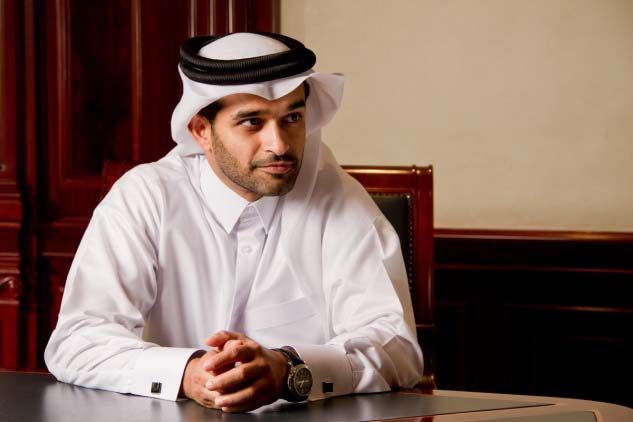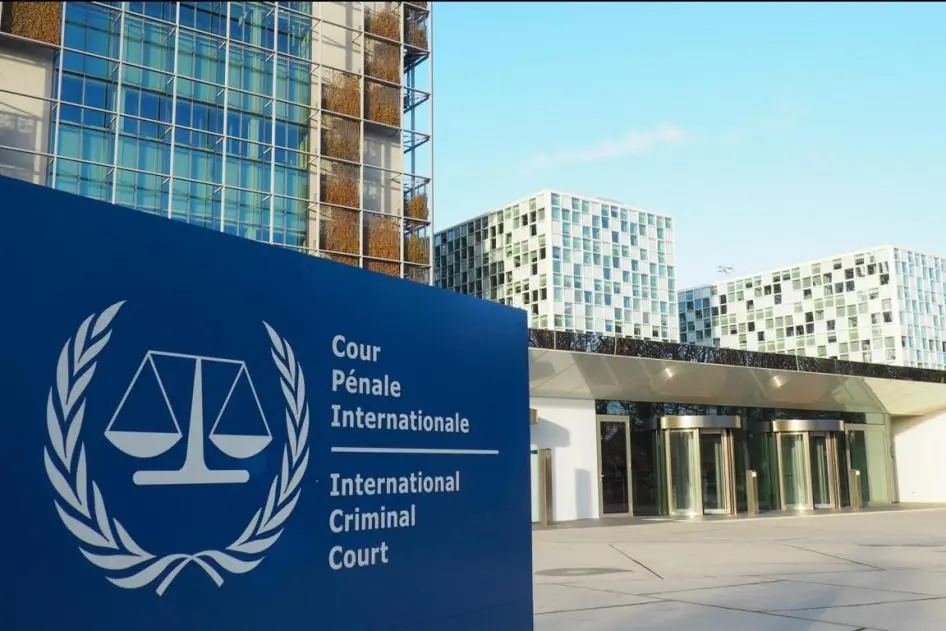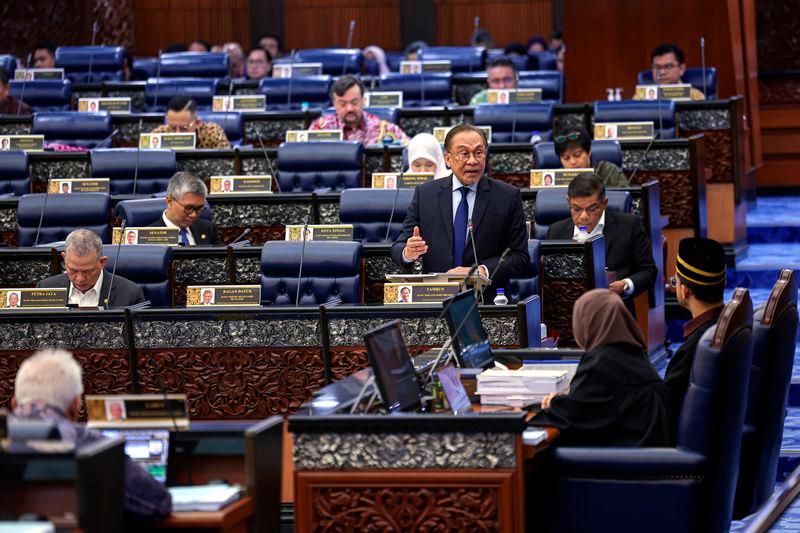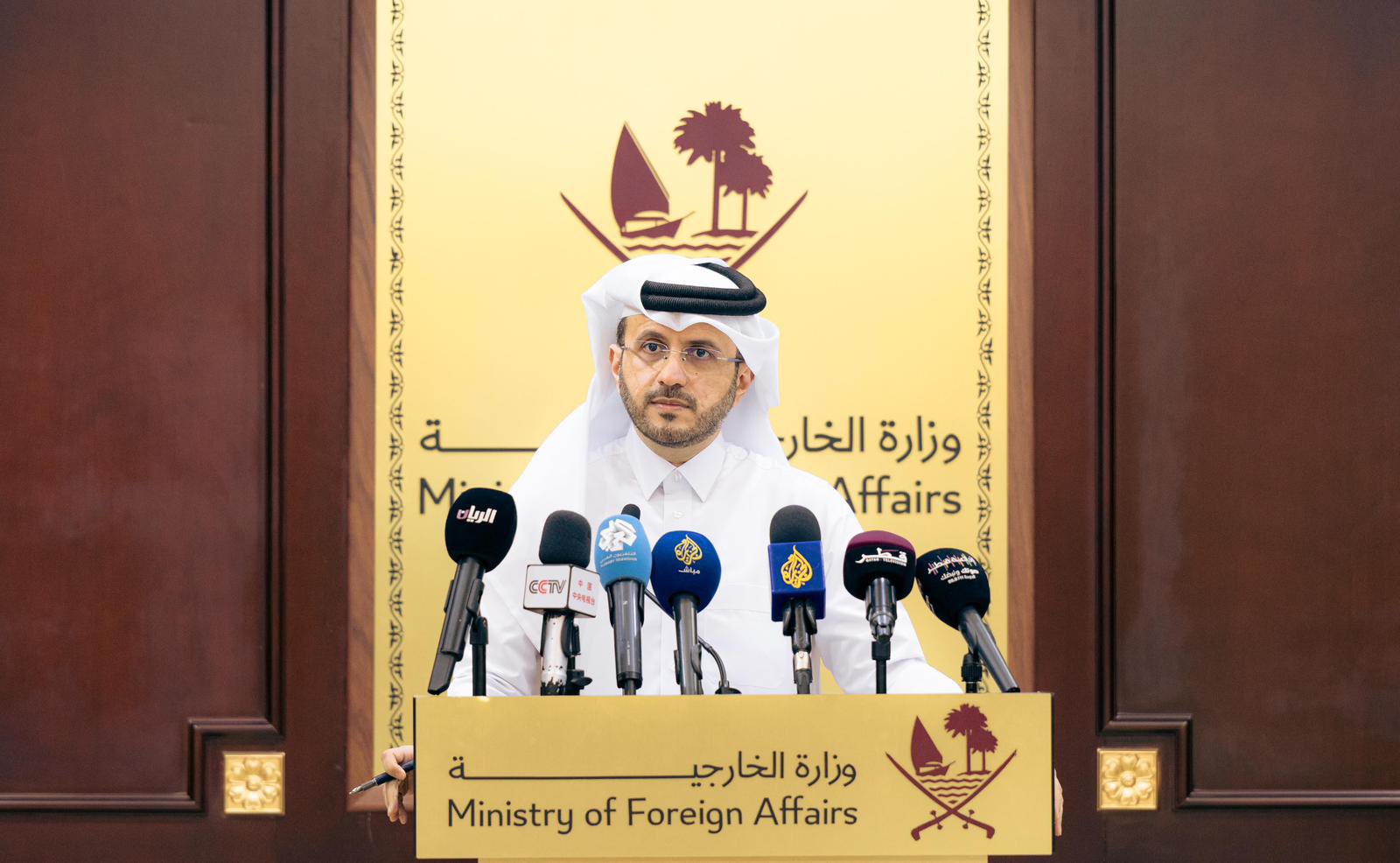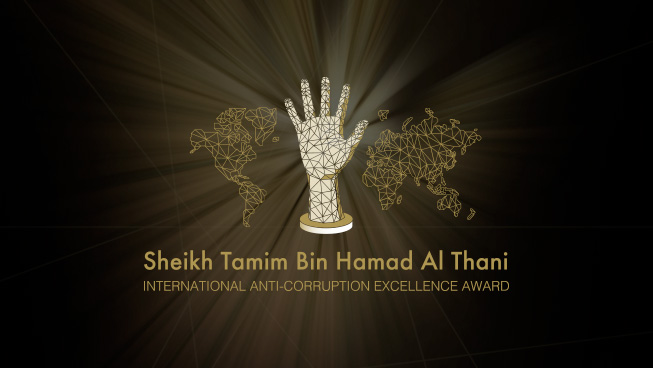Qatar is the first Arab and Muslim nation to host the World Cup, which has come to the Middle East for the first time in its history.
The World Cup in Qatar has changed global perceptions of the Gulf state, as well as the wider region, a top official has said.
The tournament, held in the Middle East for the first time in its history, was a celebration for the entire region and world, Qatar World Cup chief Hassan Al Thawadi told Sky News ahead of the closing ceremony.
“This was a celebration of the Arab people, of our culture, of our tradition, of our history,” Al Thawadi said in an interview in Doha.
“People might have come in with different opinions.
“And I’ve heard it from many, in particular Europeans, saying that they might have come to support the team – but with trepidation, a little bit of concern.
“But when they engaged with the Qatari community, when they engaged with the Arab community, when they engaged with the hospitality, a lot of them walked away with a different opinion, a different view.
“And to that extent, it was a platform for bringing people together in an unprecedented way.”
Qatar’s World Cup chief said the event had shifted perceptions of the region and “allowed us to showcase the best in us.”
The comments were made on the eve of the World Cup final match; a much anticipated showdown between the last two teams standing.
Lessons learned
Argentina and France will face off at 6pm local time at the iconic Lusail Stadium, the largest World Cup venue that has already brought together more than 80,000 fans at some of the most popular games during the tournament.
However, the venue was also the scene of a tragic accident that left one worker dead in the last week of the event.
“There is a workers’ support insurance fund that will be looking into any matters relating to unfortunate deaths,” Al Thawadi assured. “And that will continue beyond the World Cup.”
Since winning the bid to host the tournament in 2010, Qatar has faced a barrage of criticism over its treatment of migrant workers.
However, authorities say the country has taken on such concerns and implemented mass labour reforms designed to protest the country’s most vulnerable.
Among those reforms was the introduction of the region’s first non-discriminatory minimum wage as well as the scrapping of the Non-Objection Certificate that tied workers to their employers, taking a major hit at the controversial kafala, or sponsorship system.
Speaking to Sky News, Al Thawadi acknowledged previous “unacceptable conditions” but said such steps to reform labour laws should be recognised by critics.
“The country recognised the need for reforms, because the condition was unacceptable and the laws were put in place.”
However, such “progress will not end when the final whistle is blown.”
Standing firm, winning respect
Qatar’s hosting of the World Cup also drew attention issues surrounding the LGBTQ community. In the lead up to the event, authorities assured everyone is welcome in Qatar, though stood firm on the Muslim country’s values.
Top officials have said fans attending the tournament should respect the laws and values of the host nation, which cannot be expected to change its fabric for a one month event.
“This is something that’s within our religious values,” Al Thawadi said.
“This is something that a lot of countries share the same common values… more community-based values, as opposed to where the predominant set of values are personal rights.
“I think people are aware that we have differences in opinions. But I think it’s important to highlight that we have to find ways of respecting each other’s opinions, and finding a way of moving forward. And that’s what this World Cup has shown.”
Just days ahead of the kick off date, Qatar backtracked on an earlier decision to allow alcohol sales at World Cup stadiums, triggering backlash from some Western media outlets.
However, fans attending the event over the last four weeks have told Doha News that such a decision has provided a better experience, especially for women and children.
“For the first time I was able to bring my family to the World Cup and felt safe and comfortable doing so, I guess that Aya something,” one England fan told Doha News at Al Bayt stadium.
British media has even pointed to the fact that no fans from the UK have been arrested during the World Cup for the first time ever.
Al Thawadi suggested such change in attitude can be credited to cultural understanding.
“I think cultural understanding is extremely important in this day and age.
“We are people of different backgrounds, who are people of different communities and different values.
“But I think we have to be able to find ways of expressing our disagreement with each other.
“But at the same time being able to walk away, having disagreed but not conflicted.
“Having disagreed but respecting the other’s opinion and finding ways of coming together and coexisting together.”–

